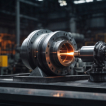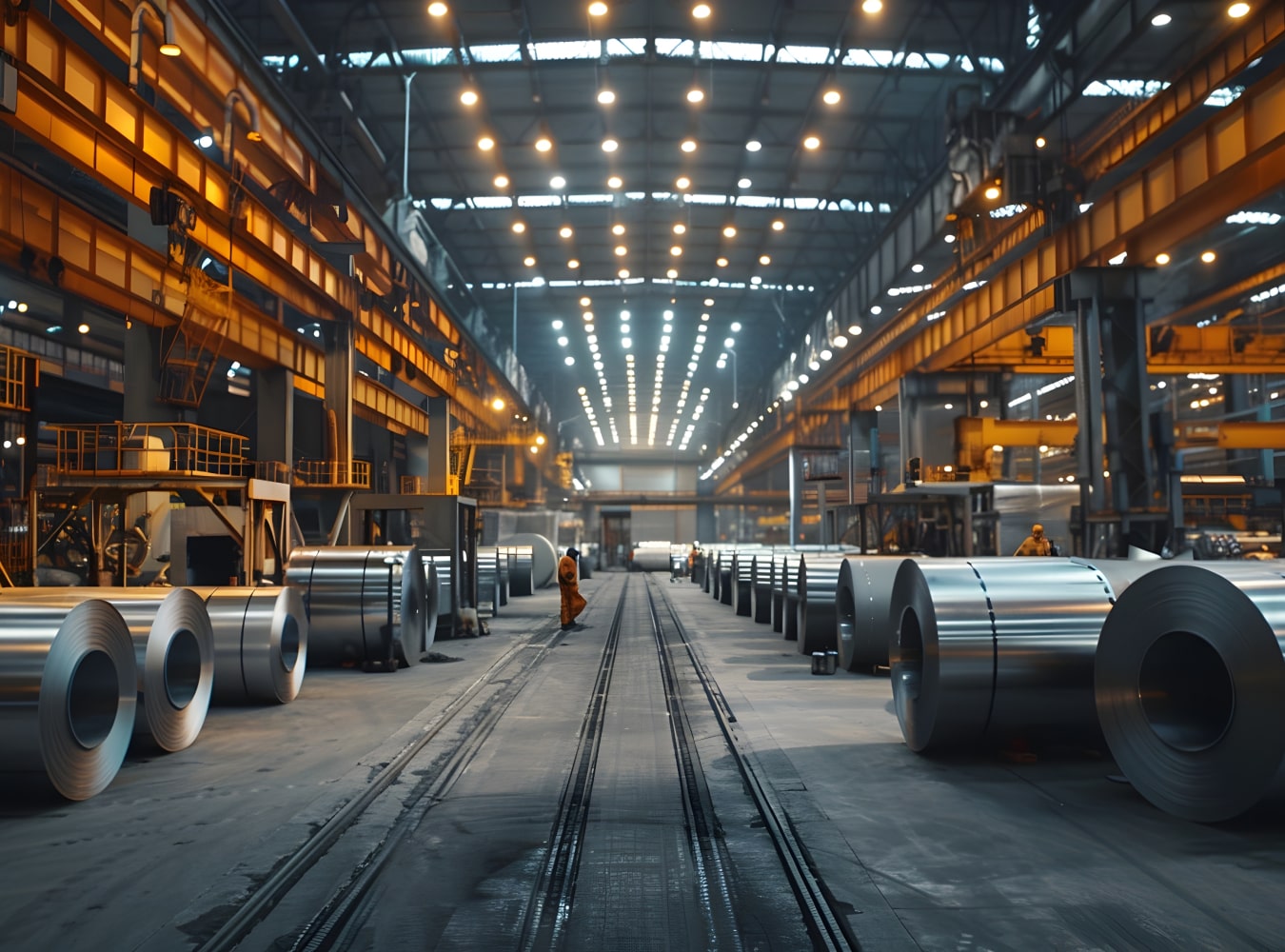When it comes to controlling the flow of liquids and gases, ball valves are a popular choice due to their reliability and ease of use. Two common types are the trunnion ball valve and the floating ball valve. While they both serve the same basic purpose, their designs and applications differ significantly. Here’s a closer look at these two types of ball valves.
Structure
Trunnion Ball Valve: The trunnion ball valve features a fixed ball supported by trunnions. These trunnions are mounted in the valve body, allowing the ball to rotate while remaining stationary at its center. This design is ideal for high-pressure applications and provides stability and support to the ball.
Floating Ball Valve: In contrast, the floating ball valve has a ball that is not fixed. Instead, the ball “floats” between the two valve seats. When pressure is applied, the ball moves slightly downstream, creating a tight seal against the upstream seat. This design makes floating ball valves suitable for lower pressure applications.
Application
Trunnion Ball Valve: Trunnion ball valves are commonly used in high-pressure and high-flow applications, such as oil and gas pipelines, power plants, and large industrial systems. Their robust design allows them to handle large volumes of fluid with minimal pressure drop.
Floating Ball Valve: Floating ball valves are typically found in smaller-scale applications, such as water supply systems, HVAC systems, and chemical processing. They are well-suited for applications where pressure is relatively low and the flow rate is manageable.
Performance and Seal
Trunnion Ball Valve: Due to its fixed ball design, a trunnion ball valve offers excellent sealing capabilities, especially in high-pressure situations. The mechanical advantage of the trunnion design minimizes wear on the seals, leading to a longer lifespan.
Floating Ball Valve: While floating ball valves provide a good seal under lower pressure, they may not perform as well under extreme conditions. The ball’s movement can cause wear on the seals over time, which may lead to leaks if not properly maintained.
Maintenance
Trunnion Ball Valve: Trunnion ball valves generally require less frequent maintenance due to their durable design. However, when they do require service, the process can be more complex due to the valve’s construction.
Floating Ball Valve: Floating ball valves are typically easier to maintain. Their simpler design allows for straightforward disassembly and reassembly, making it easier to replace seals or other components.
Advantages:
Trunnion Ball Valve
- High Pressure Handling: Trunnion ball valves are designed to handle high-pressure applications effectively. The trunnion design ensures that the ball is held firmly in place, providing a reliable seal even under high pressure.
- Low Operating Torque: These valves require less torque to operate, making them easier to open and close. This feature is particularly beneficial for manual operations or when using smaller actuators.
- Enhanced Durability: Made from high-quality materials like carbon steel or stainless steel, trunnion ball valves are resistant to corrosion and wear, ensuring a longer lifespan.
- Reliable Shut-off: Trunnion ball valves provide a tight shut-off, reducing the risk of leaks and improving safety in critical applications.
- Versatility: Suitable for both low and high-pressure situations, trunnion ball valves can be used in a variety of industries, including oil and gas, chemical, and petrochemical
Floating Ball Valve
- Simple Design: Floating ball valves have a simpler design compared to trunnion ball valves, making them easier to manufacture and maintain.
- Cost-Effective: Generally, floating ball valves are more cost-effective due to their simpler construction and lower material requirements.
- Effective Sealing: In floating ball valves, the ball is free to move slightly, which helps in creating a tight seal by pressing against the downstream seat when the valve is closed.
- Versatility: These valves are suitable for a wide range of applications, including water, gas, and oil pipelines.
- Ease of Operation: Floating ball valves are easy to operate and can be quickly opened or closed, making them ideal for applications requiring frequent operation.
Industries
Floating ball valve
Water Treatment Systems: Used for controlling water flow.
Chemical Industries: Suitable for low to moderate pressure pipelines.
Residential Gas Pipelines: Commonly used in household gas systems.
Trunnion ball valve
Oil and Gas Pipelines: Handles high-pressure hydrocarbons and gases.
Chemical Processing: Manages corrosive and high-pressure chemicals.
Power Generation: Controls steam and high-pressure fluids in power plants.
Conclusion
Both trunnion and floating ball valves have their unique advantages and are suited for different applications. Choosing between the two depends on the specific requirements of your application, such as pressure levels, the need for manual or automated operation, and the type of fluid being controlled. Trunnion ball valves are Best For Water treatment, chemical and pharmaceutical industries, and residential gas pipelines. Where as, Floating ball valves are Best For Oil and gas pipelines, chemical processing, power generation.












